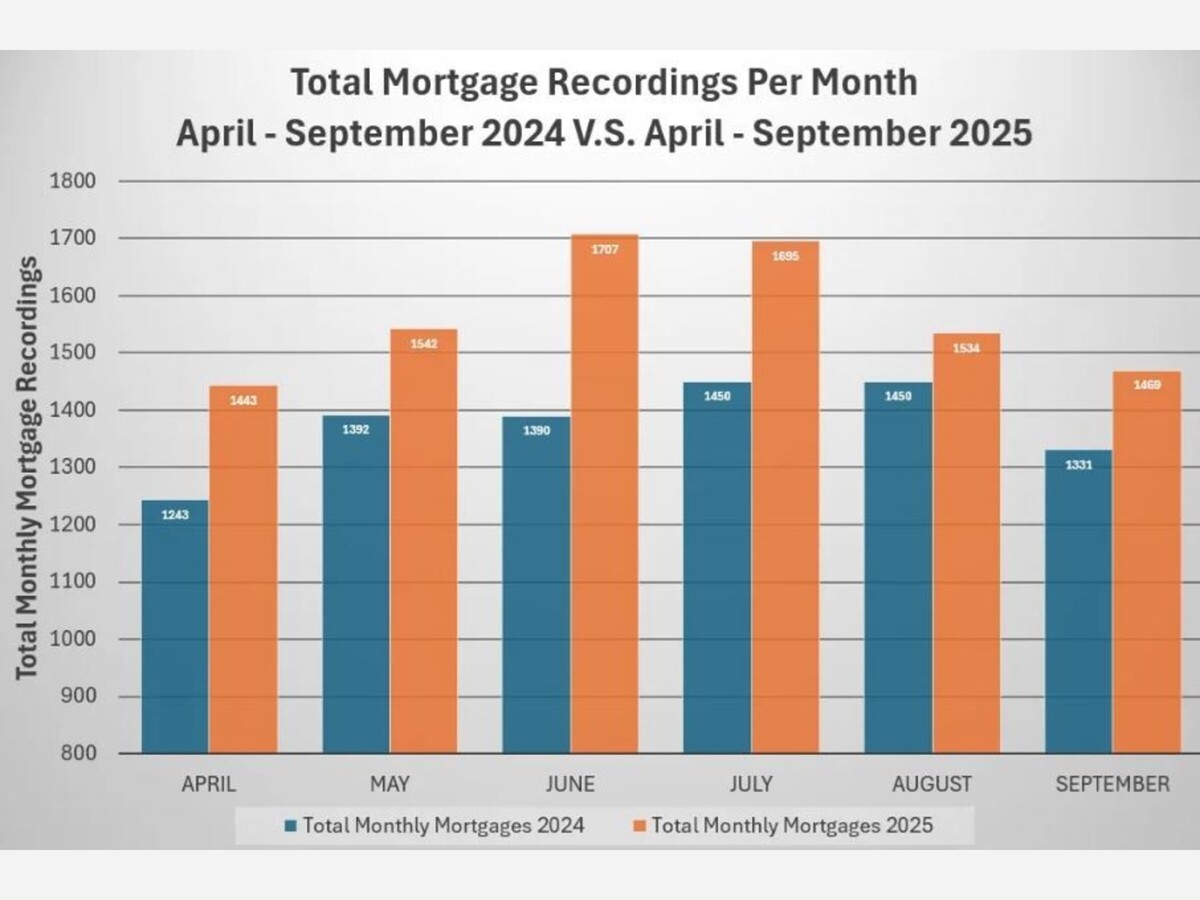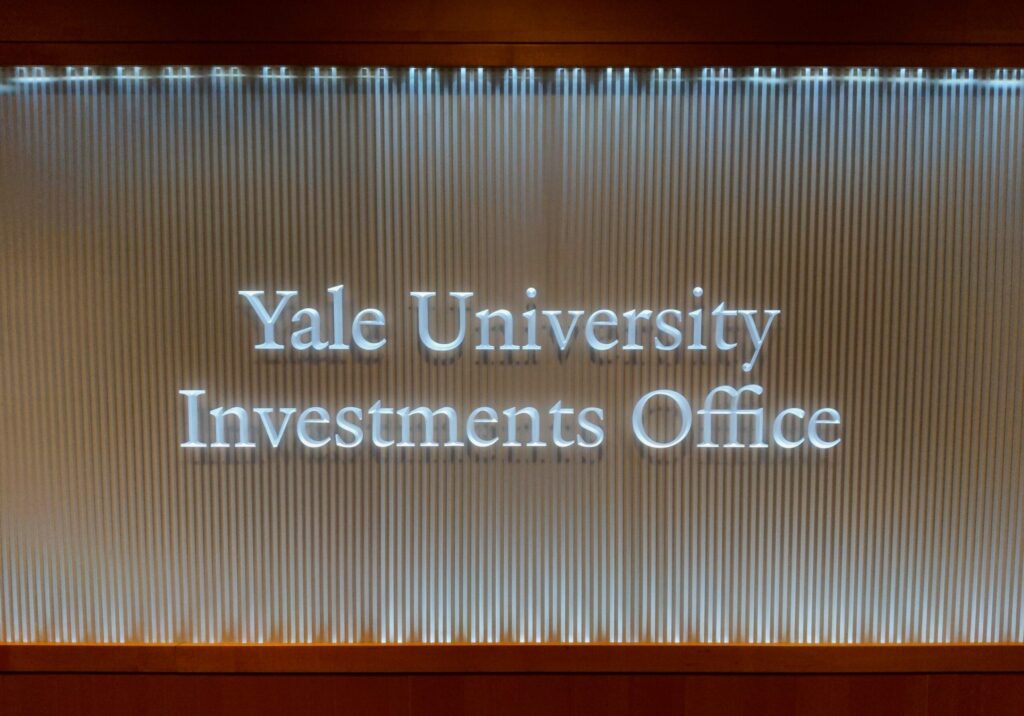China’s property investment drops 9.8% in early 2025 as real estate slump continues

In the first two months of 2025, China’s property investment declined by 9.8% compared to the same period in the previous year. This decrease follows a 10.6% drop observed throughout 2024. The downturn is part of a prolonged slump in the real estate sector, which has significantly impacted the world’s second-largest economy. This sector has been facing challenges since 2021, when major property developers like Evergrande defaulted, leading to a broader crisis in the industry.
Property sales by floor area also saw a reduction, dropping 5.1% year-on-year in the January-February period. While this is an improvement from the 12.9% decline experienced in the same period last year, it still indicates ongoing challenges in the market. Additionally, new construction starts, measured by floor area, decreased by 29.6%, a sharper fall compared to the 23.0% slide in 2024. This significant reduction in new projects suggests that developers are exercising caution amid uncertain market conditions.
The decline in property investment is not isolated to China. Globally, real estate markets have been experiencing downturns. For instance, Germany’s largest real estate group, Vonovia, reported its third consecutive annual loss for 2024, amounting to 962.3 million euros. This loss was primarily due to significant writedowns of property values, reflecting the broader struggles within the sector. Similarly, global real estate investment volumes fell by 36% year-over-year, making it the weakest year for global investment since 2012. The slowdown was led by reduced deal flows in the Americas and Europe, with Asia Pacific also experiencing declines, although it held the largest share of global activity.
Several factors contribute to these global trends. High construction and financing costs, coupled with labor market constraints, have led to a decline in new building activities across North America and Europe. In China, the property sector’s downturn has been exacerbated by a liquidity crisis among major developers, leading to stalled projects and reduced investor confidence. The Chinese government has implemented measures to stabilize the market, such as easing purchase restrictions and providing financial support to struggling developers. However, structural issues like demographic shifts, stagnant incomes, and an oversupply of unsold homes continue to pose challenges.
Looking ahead, there is cautious optimism about a potential recovery in the global real estate market. As inflation trends downward and interest rates begin to ease, property prices have broadly stabilized. This environment could present opportunities for investors to acquire high-quality assets at adjusted valuations.
In conclusion, while China’s property investment continues to face significant challenges, the situation is part of a broader global trend affecting the real estate sector. Both domestic and international factors contribute to the current landscape, and stakeholders are closely monitoring developments to navigate this complex environment effectively.
link





